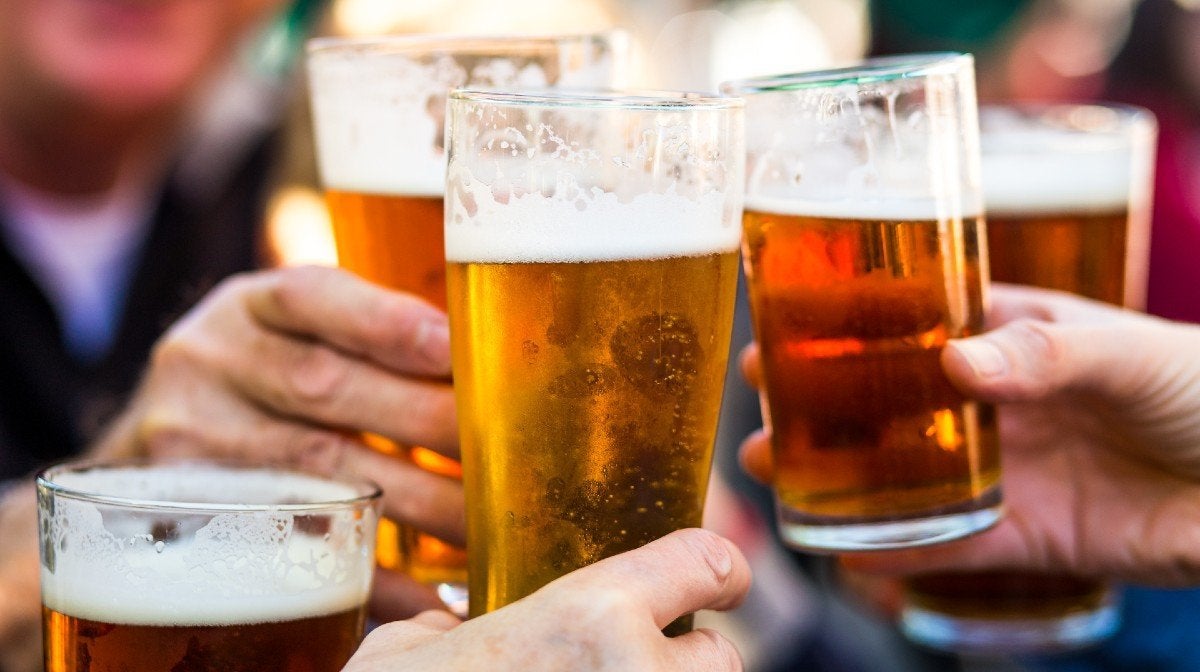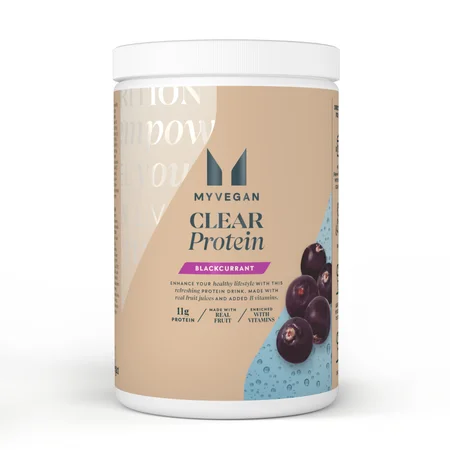The Pubs Are Open, But What Does Drinking Really Do To Our Bodies?

The majority of people will be clambering to get back inside pubs again now that restrictions are lifted.
And with pubs comes what? Well, aside from some semblance of a social life, there will be an increase in alcohol intake.
Many of our health-conscious readers who have achieved a great deal of progress throughout these difficult times have shared their concerns about the impact alcohol can have on their physique, health and performance.
There’s a vast amount of misinformation surrounding alcohol and how it can affect us. Over the next few articles, we’re going to address just exactly what alcohol is, how it works, how it impacts our body composition and weight management efforts as well as our exercise performance and recovery.
We’re also going to discuss how you can incorporate alcohol into a lifestyle approach centred around balance; after all, who doesn’t love a drink on a sunny day?

What is alcohol?
Drinking alcohol, which is the form of alcohol we are referring to is, is referred to as ethanol. Ethanol is produced by the fermentation of sugars by yeast from different food origins (e.g. we ferment grapes to produce wine and so on).
Alcohol, is classified as a "sedative hypnotic" drug, with intake resulting in a depression of the central nervous system. Lower dosages may make you feel more alert, acting as a stimulant and leading to increased talkativeness and a feeling of euphoria. Higher dosages can lead to, well, I'm sure you're all very well aware but we'll cover that as we go.
What happens when we drink alcohol?
Once consumed, alcohol will eventually make its way to our liver, were the bulk of alcohol metabolism occurs.
Our body has a sense of urgency to metabolise alcohol as it cannot be stored. The speed at which this happens depends on the last time you ate, with a fuller gastrointestinal tract slowing down how quickly alcohol reaches its next stop (fibre and protein can help here too!).
It also depends on how frequently you drink — less frequent drinkers produce less of the enzyme alcohol dehydrogenase which metabolises alcohol. When alcohol is metabolised, a toxic by-product called acetaldehyde is produced. This compound is known for its damaging effects and, despite its relatively short life span, can do significant damage to our body.
Acetaldehyde is converted into another less toxic substance, acetate, but before this can happen it may damage a variety of tissues within the body.
The process of alcohol metabolism doesn't just occur in the liver, and some may end up being metabolised in the pancreas and even the brain (which may in part explain hangovers given the damage to the brain tissues).
Regardless of how much a person consumes, the body can only metabolise a certain amount of alcohol every hour. That amount varies widely among individuals and depends on a range of factors, including liver size and body mass.
What happens when we drink too much?
If alcohol is excessively consumed you may experience (or be well experienced in) the following symptoms: impaired motor and sensory functions, hindered cognition, cravings, changes in vision, slurred speech, impaired memory, drowsiness, loss of inhibition etc.
When even larger dosages are ingested you may become physically ill (as a result of a more severe degree of alcohol poisoning). The symptoms (excluding physical illness) are caused by a disruption of our internal signalling/communication system caused by alcohol.
Alcohol essentially binds to receptors involved in receiving certain signals/messages and disrupts the whole process (usually slowing it down, and leading to the impairment you experience which is why it is classified as a depressant). Alcohol can also directly impair parts of the brain known to control emotion as well as muscular movement.
Is all alcohol bad?
Not necessarily, there may be a place for small to moderate intake and health improvement.
The health benefits are predominantly associated with wine consumption (and in small amounts, typically one glass a day - approx. 60ml). This is likely due to its resveratrol content, a polyphenol (a naturally occurring compound found in plants).1
How “bad” something is, really depends on its dosage and, with alcohol, the consistency and length of time in which you habitually drink.
Take home message
Many believe that they have to completely abstain from alcohol intake to improve their health. While habitual over consumption of alcohol is certainly not advised, there may be room for small to moderate intakes (and this may actually improve health dependant on what you’re drinking).
The majority of research supports that alcohol intake may not be necessarily great for our health, but it is a key aspect of many people’s social lives. So, as they say, everything in moderation?

1. Gepner, Y., Golan, R., Harman-Boehm, I., Henkin, Y., Schwarzfuchs, D., Shelef, I., … & Shpitzen, S. (2015). Effects of initiating moderate alcohol intake on cardiometabolic risk in adults with type 2 diabetes: a 2-year randomized, controlled trial. Annals of internal medicine, 163(8), 569-579.






